Technology
From NYT TECHNOLOGY section

technology
They Helped Women Fight Online Abuse. They Were Barred From the U.S.
The founders of HateAid, a German human-rights group that helps victims of online attacks, were accused by the Trump administration of being part of a “global censorship-industrial complex.”
By Adam Satariano and Patrick Junker

technology
A.I. Complicates Old Internet Privacy Risks
Artificial intelligence is convenient and easy to use, but you should think about what you say to the chatbots.
By Brian X. Chen

technology
When Chatbots Are Used to Plan Violence, Is There a Duty to Warn?
People are revealing sensitive personal information to A.I. chatbots — including plans to commit violent acts.
By Kashmir Hill
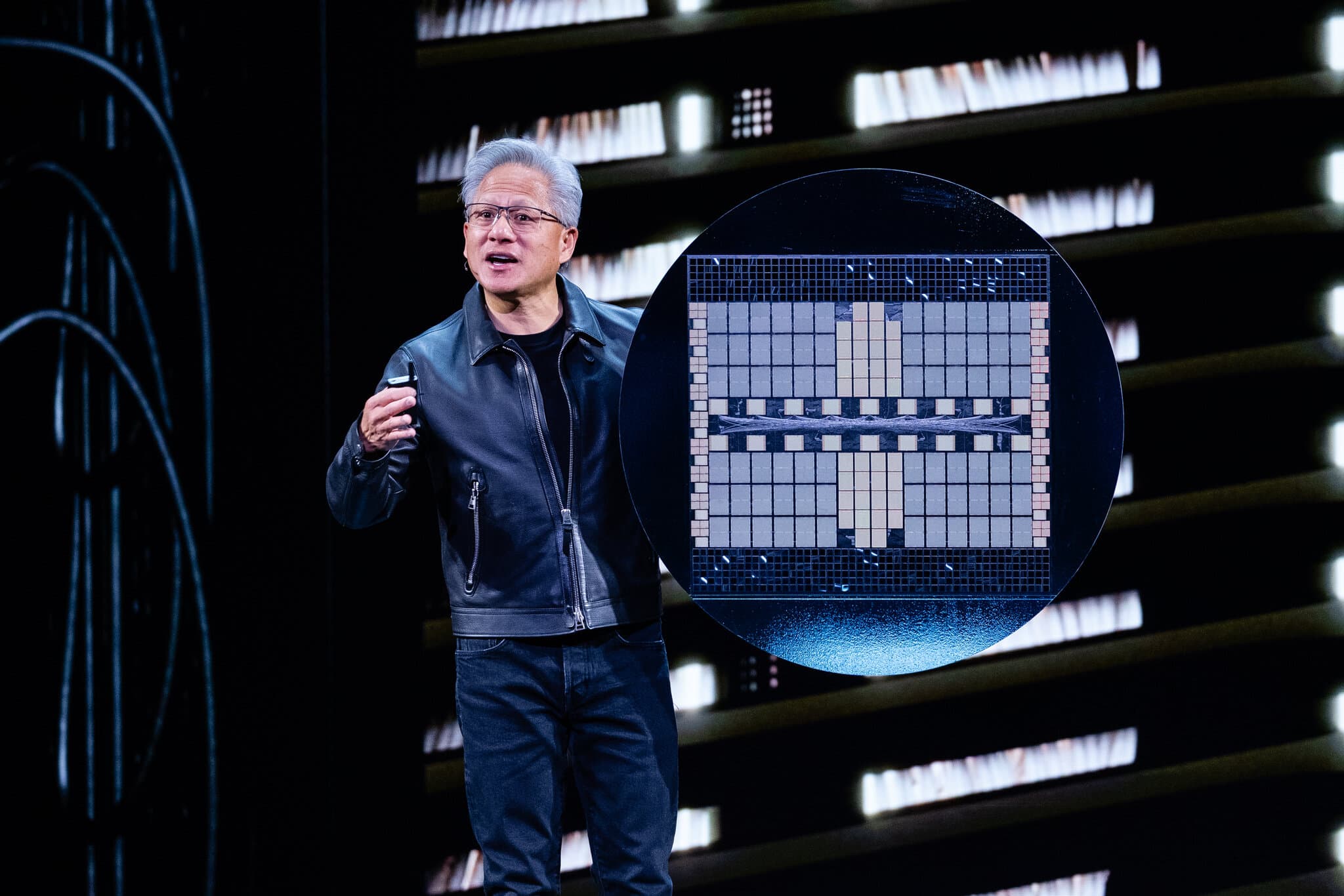
technology
Nvidia’s Quarterly Profit Hits $43 Billion on Strong A.I. Chip Sales
Total profit for the fiscal year was $120 billion, the company said. Three years ago, it was just $4.4 billion.
By Tripp Mickle

podcasts
Is A.I. Eating the Labor Market? + The Latest on the Pentagon, OpenClaw and Alpha School
“I think the mere fact that the markets can move so much, based on almost nothing, underscores how high anxiety is right now.”
By Kevin Roose, Casey Newton, Whitney Jones, Rachel Cohn, Vjeran Pavic, Katie McMurran, Dan Powell, Elisheba Ittoop, Rowan Niemisto, Diane Wong and Leah Shaw Dameron
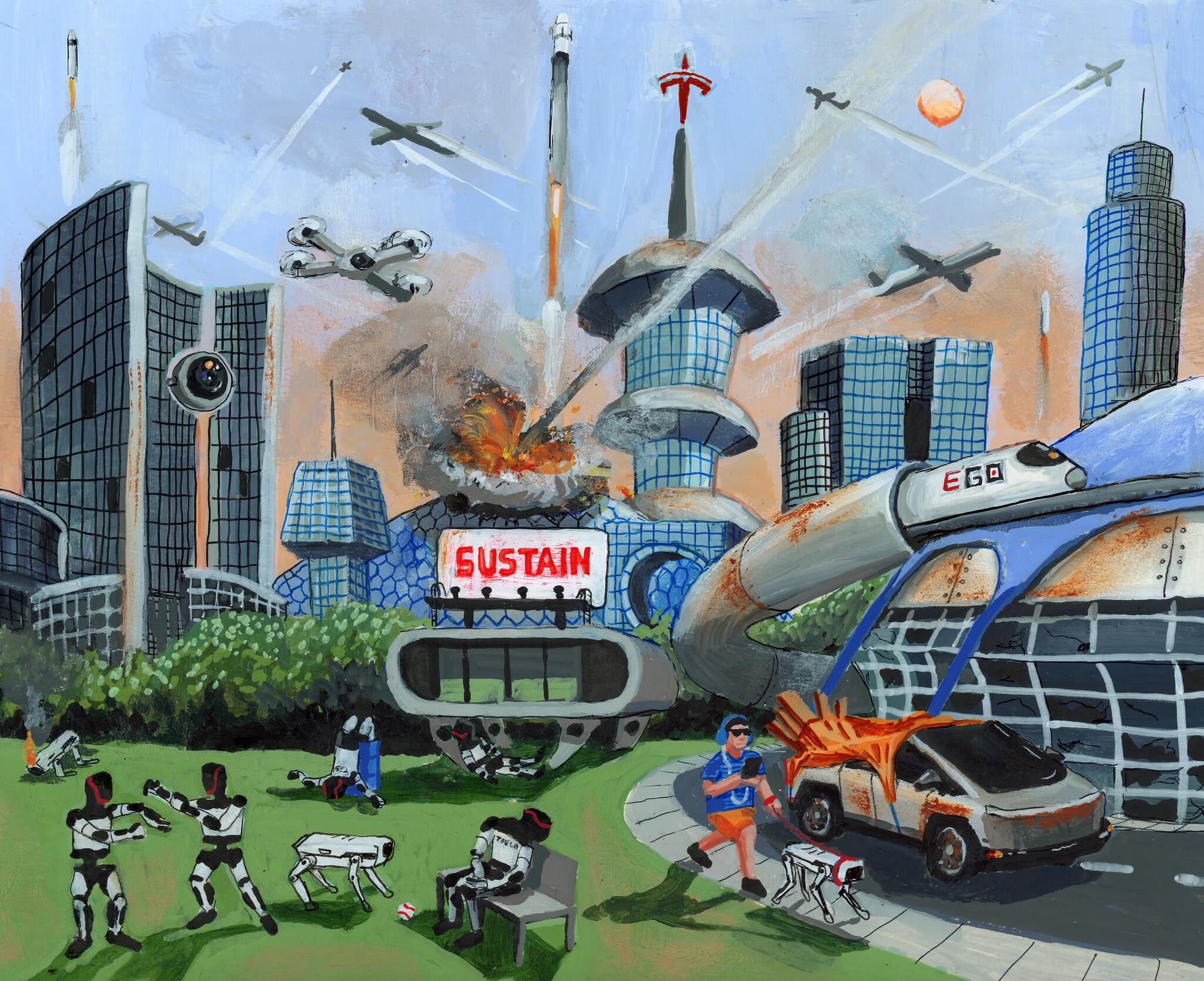
business
A World Where All Is Free? That’s Elon Musk’s Theory of ‘Sustainable Abundance.’
The Tesla and SpaceX chief has told his followers that they will live in a world where robots will take care of every need and people do not have to work, in what has become his latest slogan.
By Ryan Mac
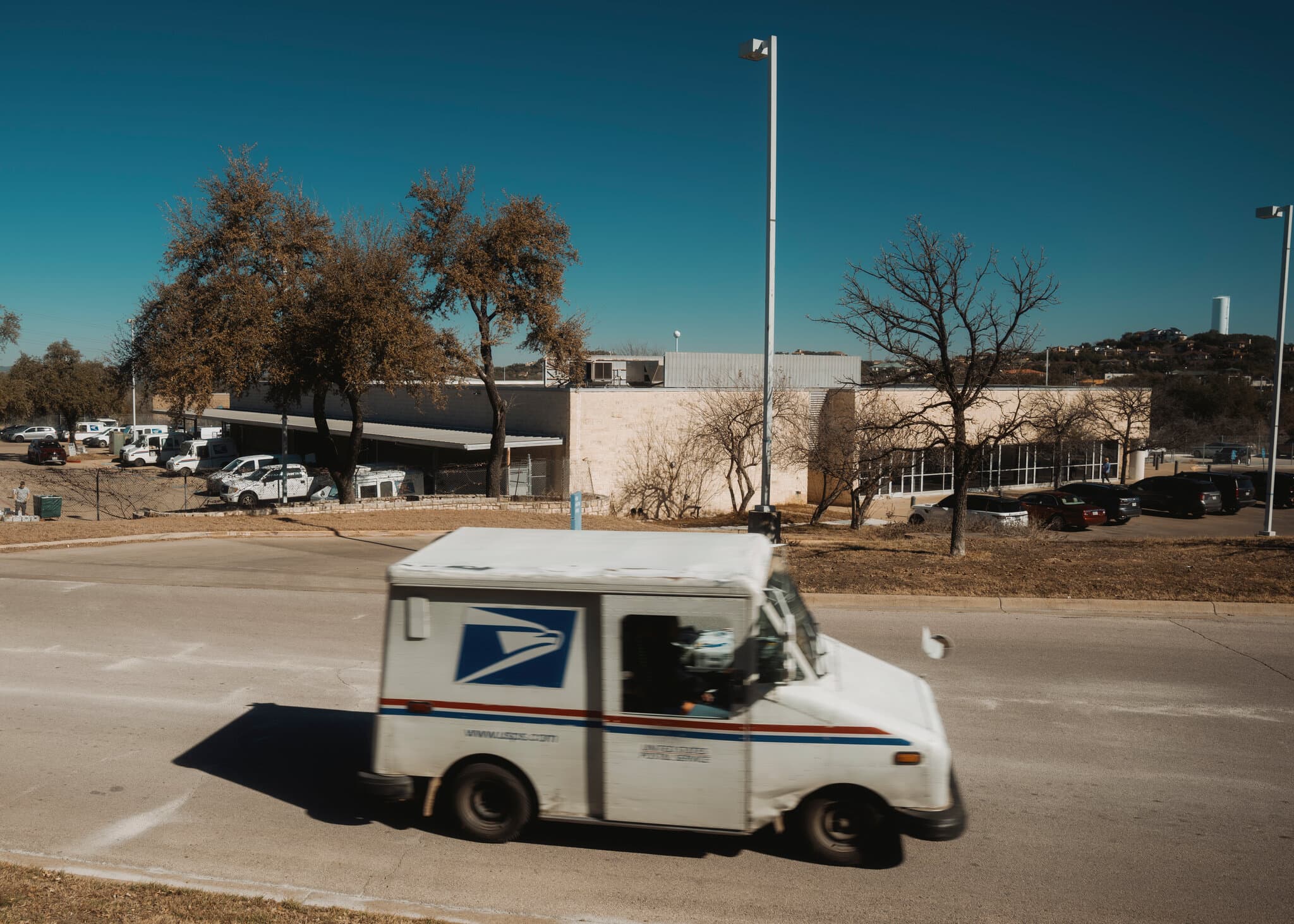
technology
Elon Musk’s Secret Web of Companies in Texas
The megabillionaire was tied to about 90 companies in the state, which he uses for everything from paying nannies to buying land to supporting Donald Trump’s re-election, according to a Times examination.
By Kirsten Grind, Susanne Craig, Alex Klavens and Leo Dominguez
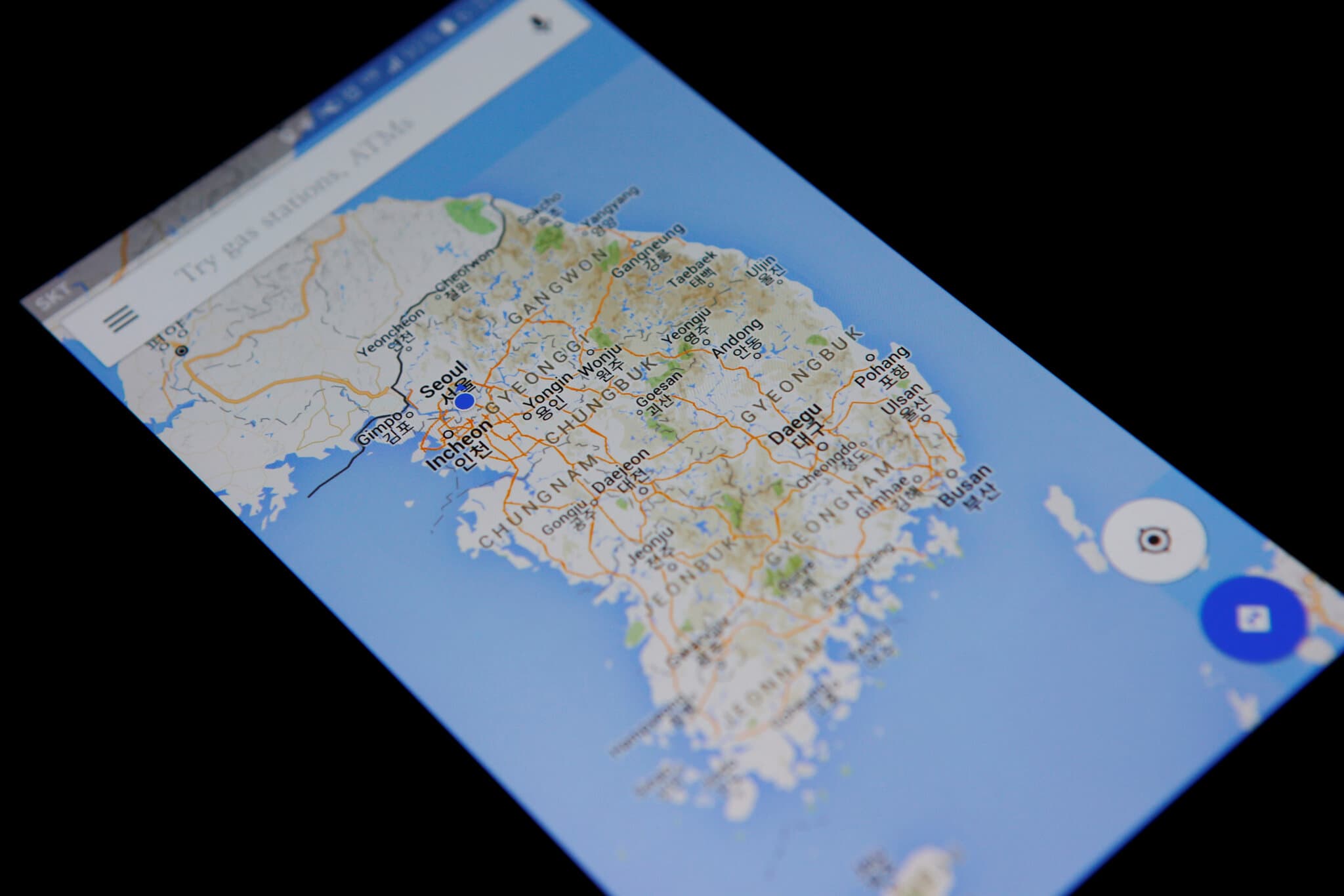
world
South Korea Clears Way for Google Maps to Fully Operate
South Korea approved Google’s request to export detailed map data, reversing a longstanding restriction that made the tool largely nonfunctional.
By John Yoon
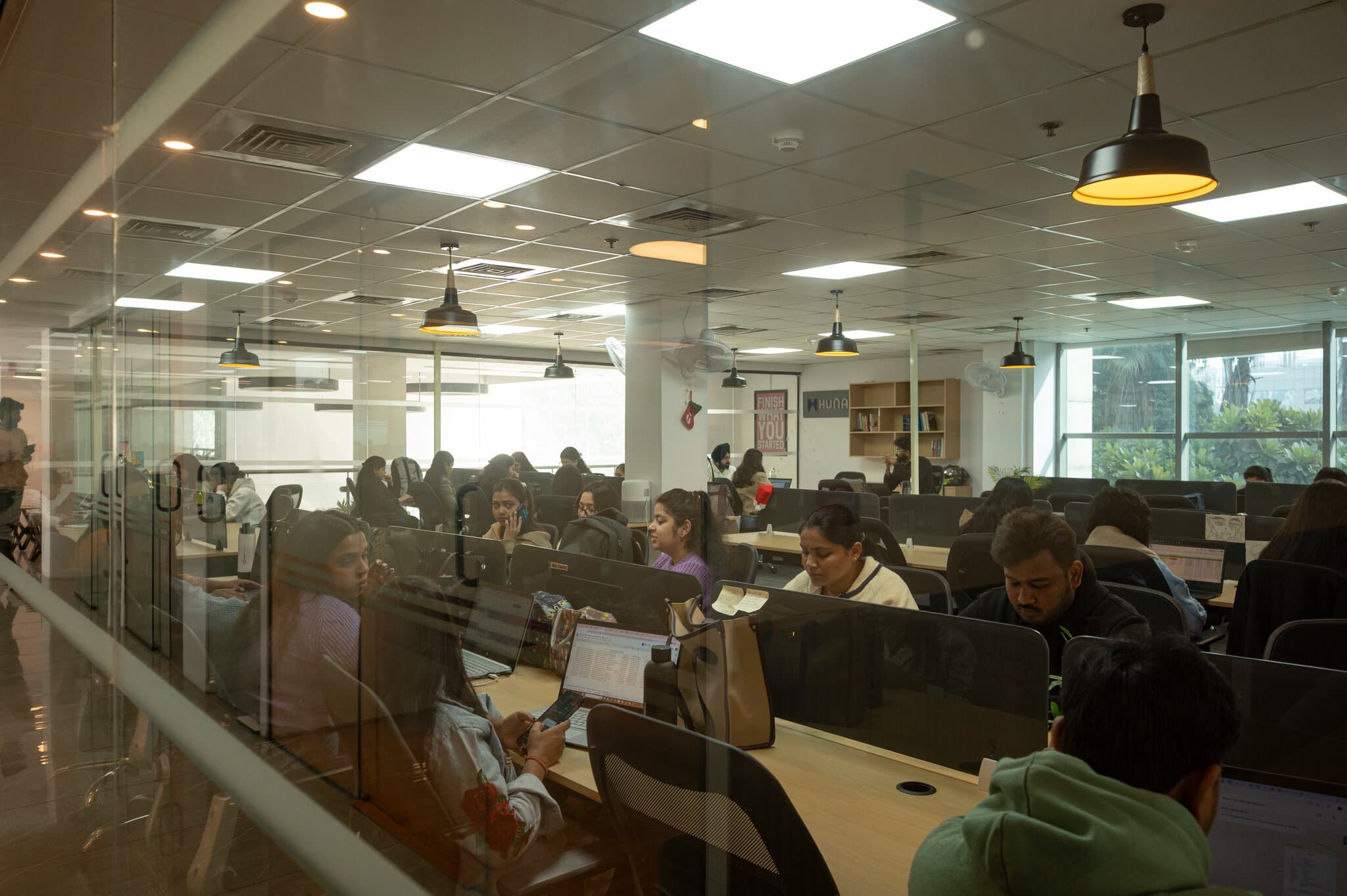
technology
India Built the World’s Back Office. A.I. Is Starting to Shrink It.
Artificial intelligence promises to automate the white-collar work that made India a tech powerhouse. The country is racing to adapt before it’s too late.
By Steven Lee Myers, Paul Mozur and Saumya Khandelwal
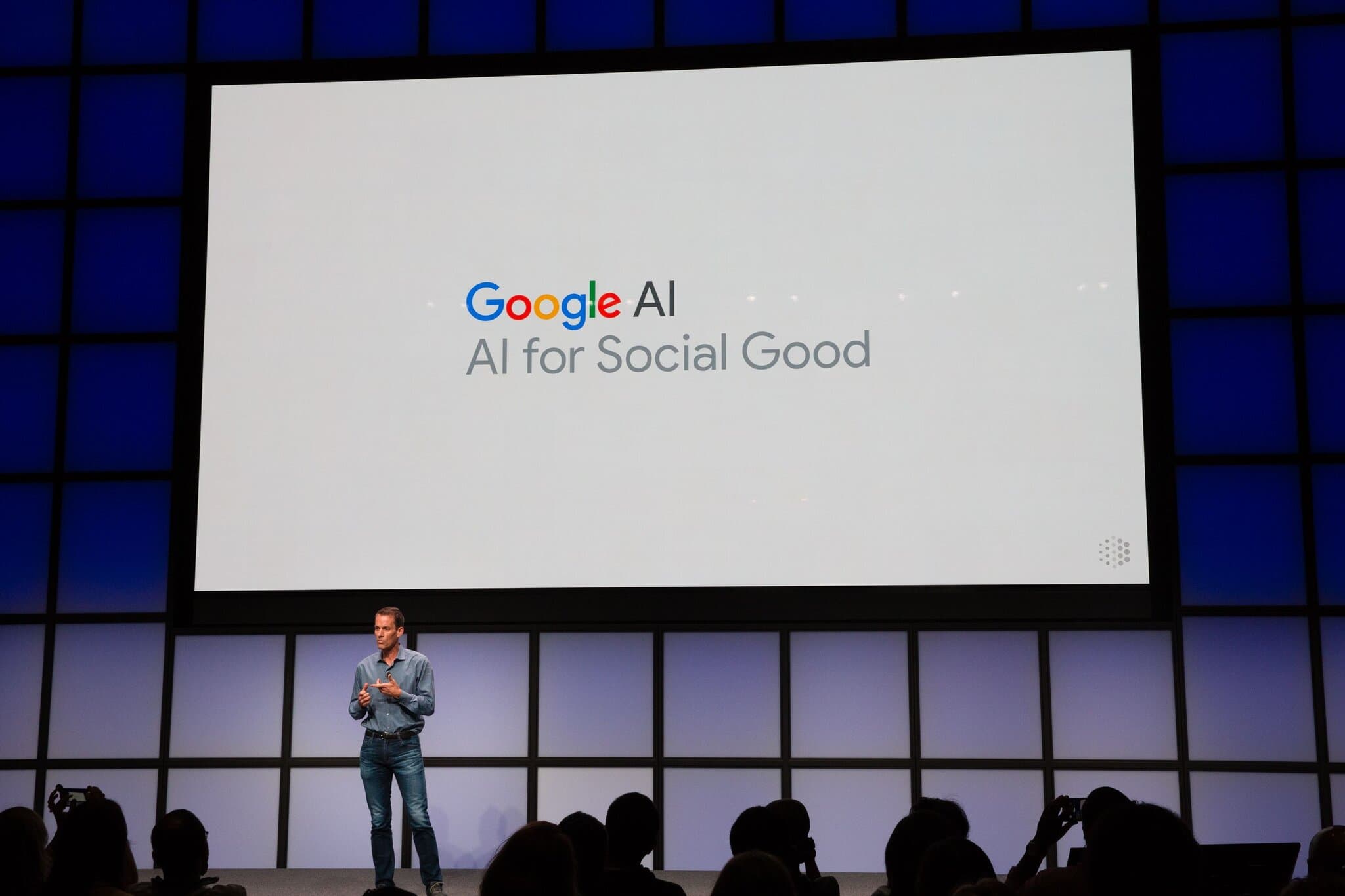
technology
Google Workers Seek ‘Red Lines’ on Military A.I., Echoing Anthropic
More than 100 Google A.I. employees sent a letter to Jeff Dean, a chief scientist, opposing Gemini’s use for U.S. surveillance and some autonomous weapons.
By Tripp Mickle

technology
Block Cuts 40% of Its Work Force Because of Its Embrace of A.I.
About 4,000 workers will lose their jobs as the payments company does more work with new artificial intelligence tools, its top executive said.
By Natallie Rocha
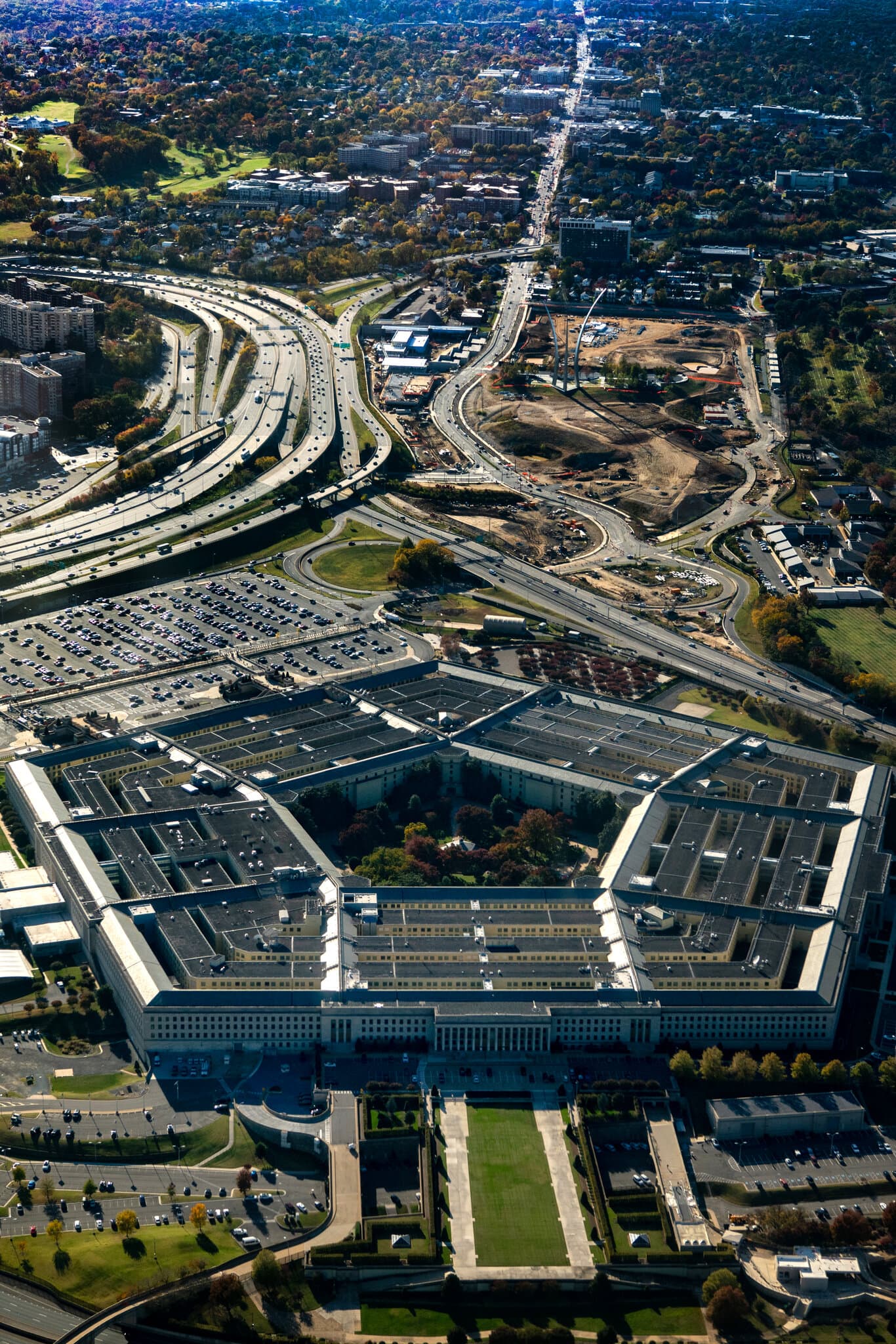
technology
Anthropic Says It Cannot ‘Accede’ to Pentagon in Talks Over A.I.
Anthropic said it was standing firm on not having its A.I. used in certain scenarios by the Pentagon, which has imposed a Friday deadline on the company to give unfettered access to its technology.
By Julian E. Barnes and Sheera Frenkel
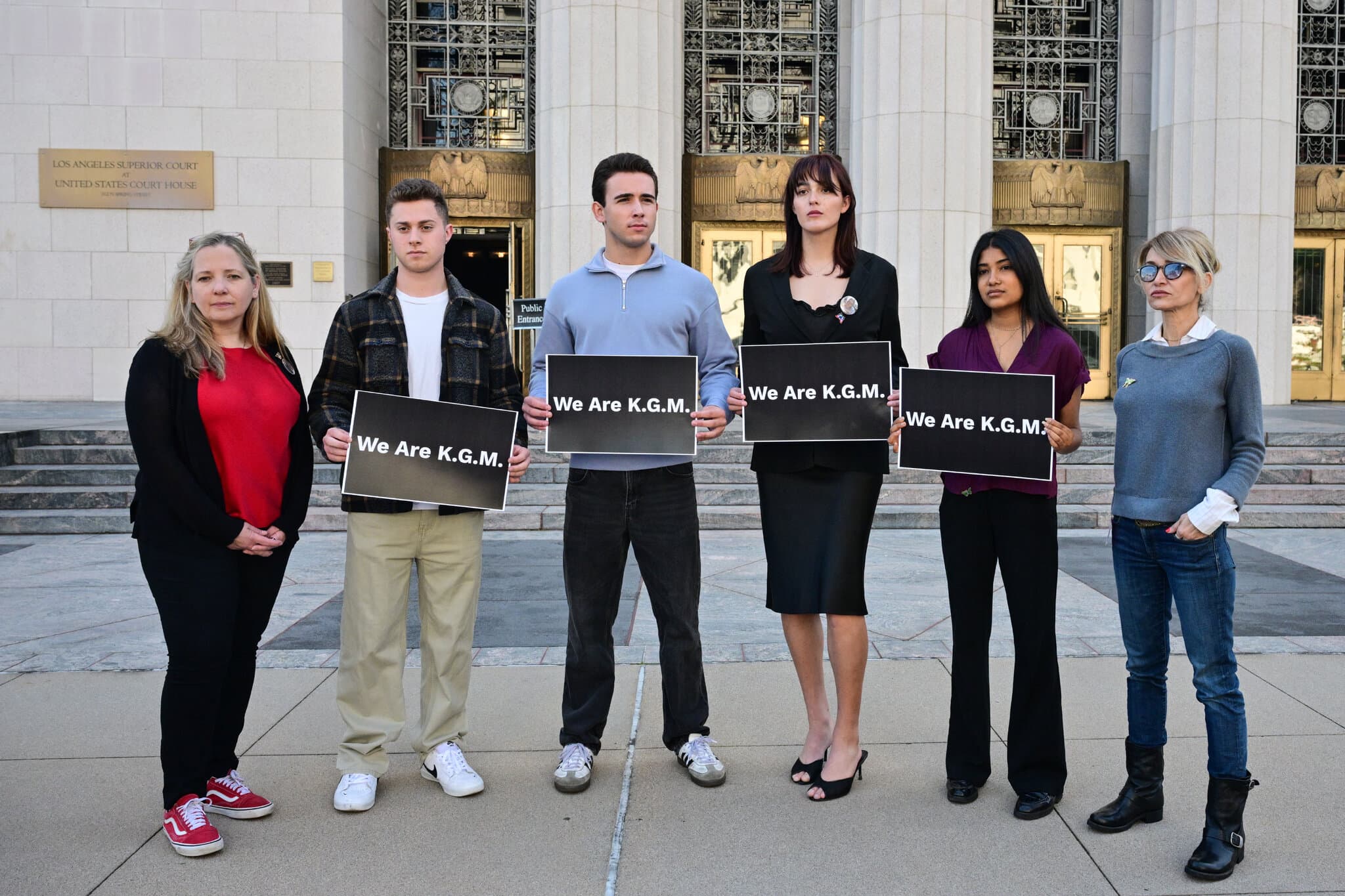
technology
In Landmark Trial, Plaintiff Says Social Media Harm Started at Age 6
The plaintiff, a 20-year-old identified only as K.G.M., took the stand to testify against Meta and Instagram in a bellwether case over tech addiction.
By Eli Tan and Ryan Mac

us
How A.I.-Generated Videos Are Distorting Your Child’s YouTube Feed
Experts caution that low-quality, A.I.-generated videos on YouTube geared toward children often feature conflicting information, lack plot structure and can be cognitively overwhelming — all of which could affect young children’s development.
By Arijeta Lajka

technology
Women Are Falling in Love With A.I. It’s a Problem for Beijing.
As China grapples with a shrinking population and historically low birthrate, people are finding romance with chatbots instead.
By Alexandra Stevenson, Murphy Zhao and Meaghan Tobin
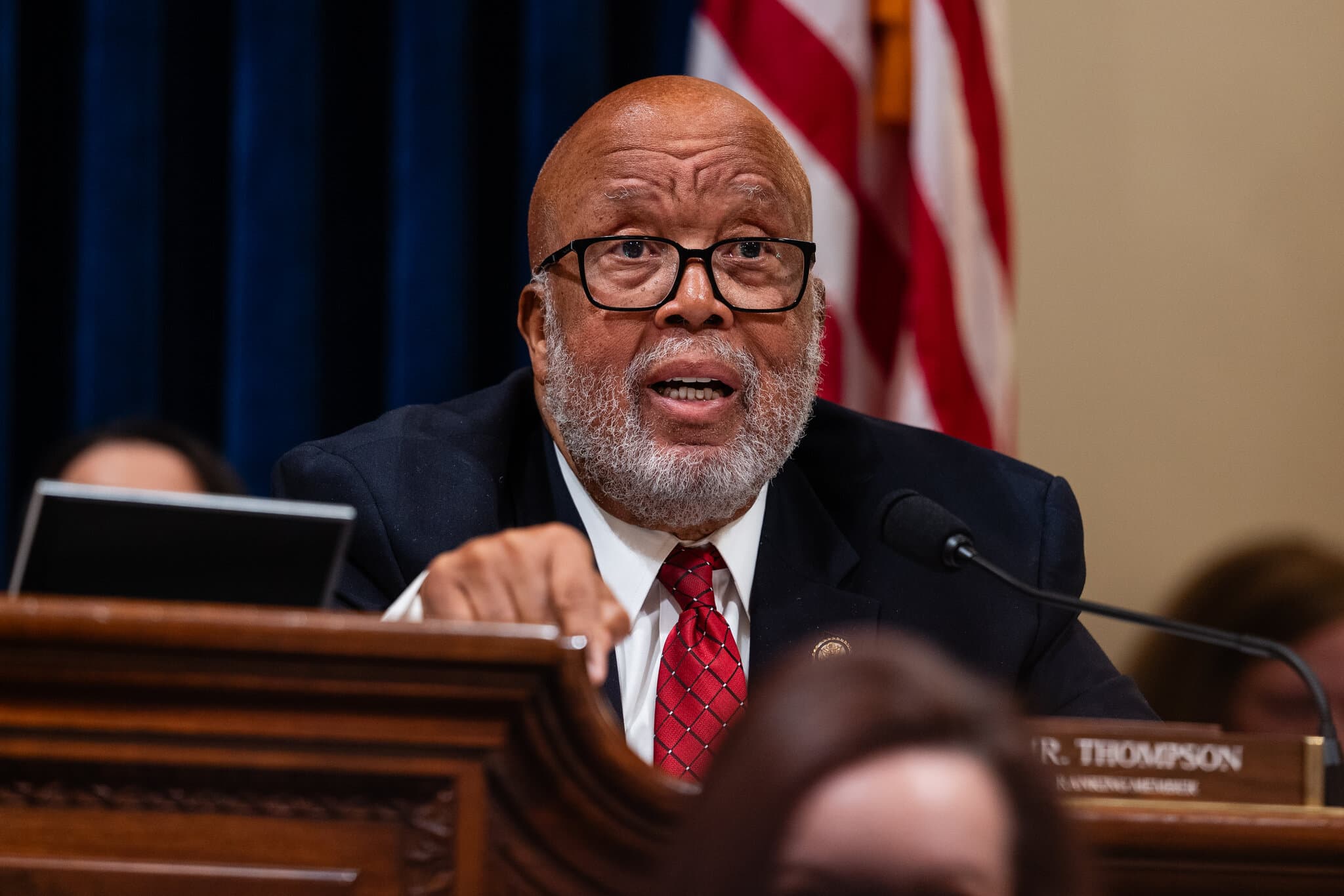
technology
Lawmakers Ask Tech Companies What User Data They Provided to D.H.S.
The requests followed Times reporting that the Department of Homeland Security had sent Meta and other companies subpoenas for information on accounts that track or comment on ICE.
By Sheera Frenkel

arts
Podcasts? TV Talk Shows? Netflix Just Hopes They’re Hits.
The podcasts in the streamer’s debut crop, including “The Pete Davidson Show,” have revived metaphysical questions about the definition of the medium.
By Reggie Ugwu
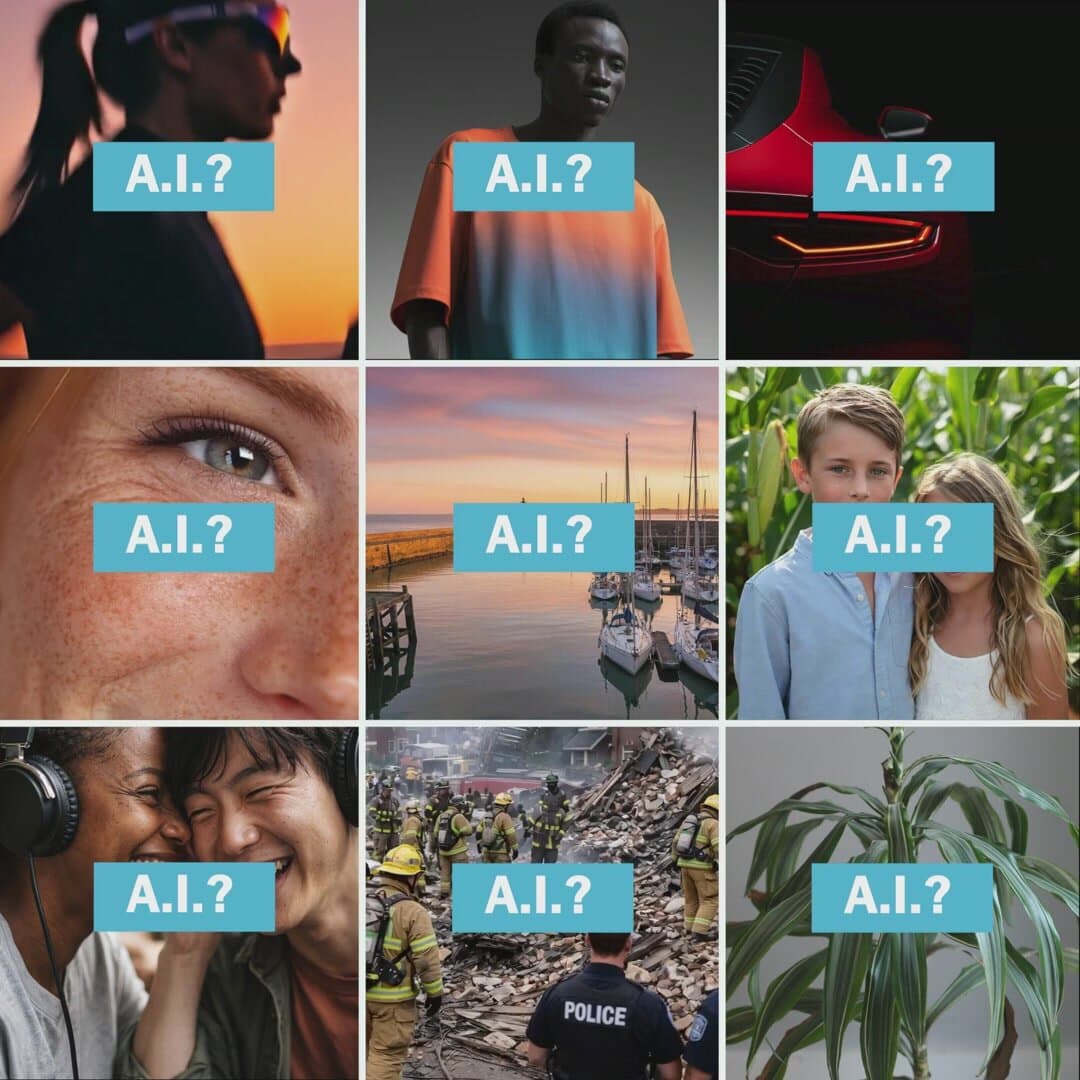
technology
These Tools Say They Can Spot A.I. Fakes. Do They Really Work?
Artificial intelligence detectors are increasingly used to check the veracity of content online. We ran more than 1,000 tests and found several strengths and plenty of weaknesses.
By Stuart A. Thompson
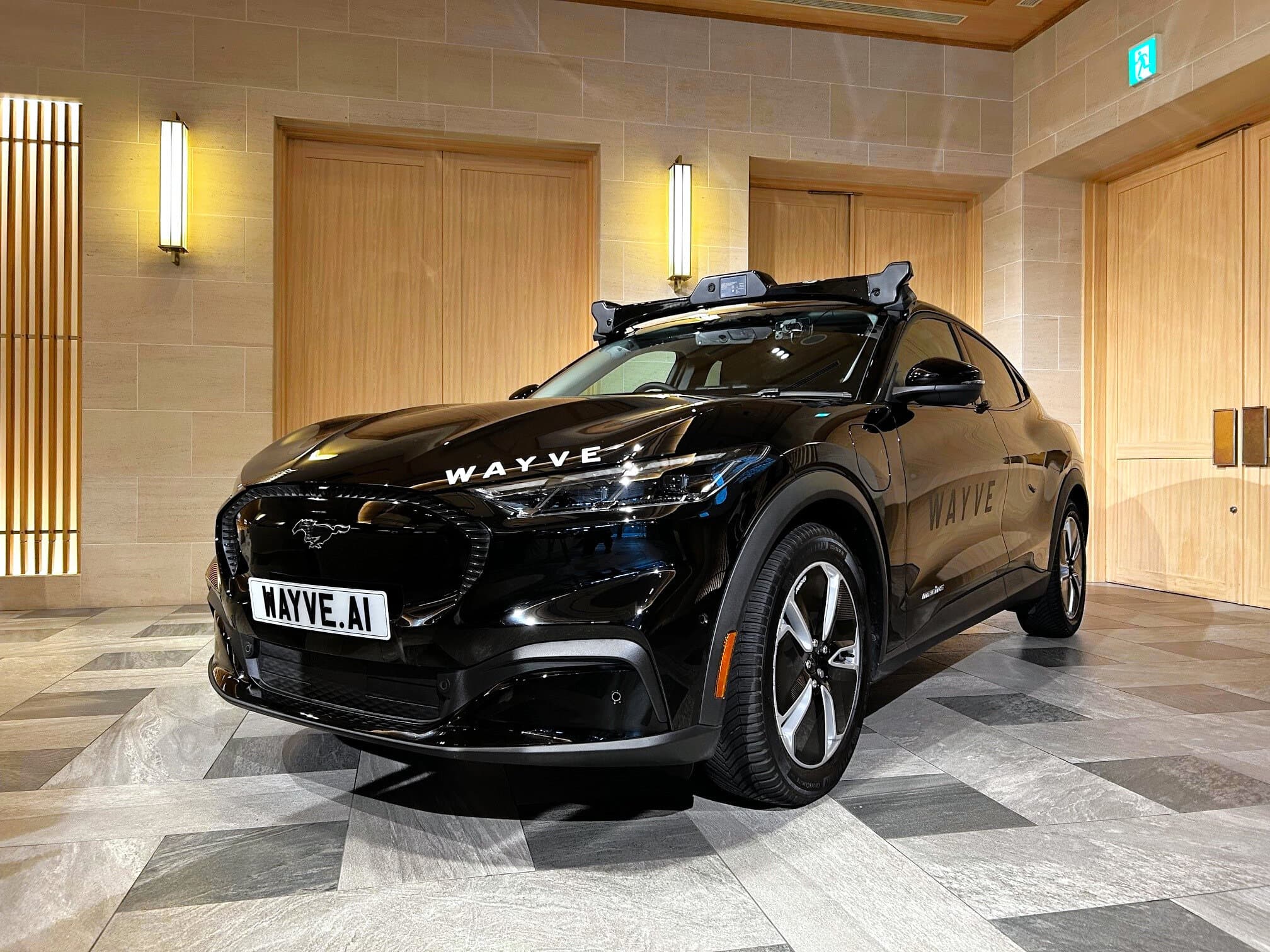
technology
Wayve, an A.I. Driverless Car Start-Up in Europe, Raises $1.2 Billion
The London-based company is building a system that uses artificial intelligence to power autonomous vehicles.
By Adam Satariano

us
Pentagon Gives A.I. Company an Ultimatum
Anthropic insists on limits on how its technology is used and could be labeled a supply chain risk if it fails to accept the military’s demands.
By Julian E. Barnes and Sheera Frenkel
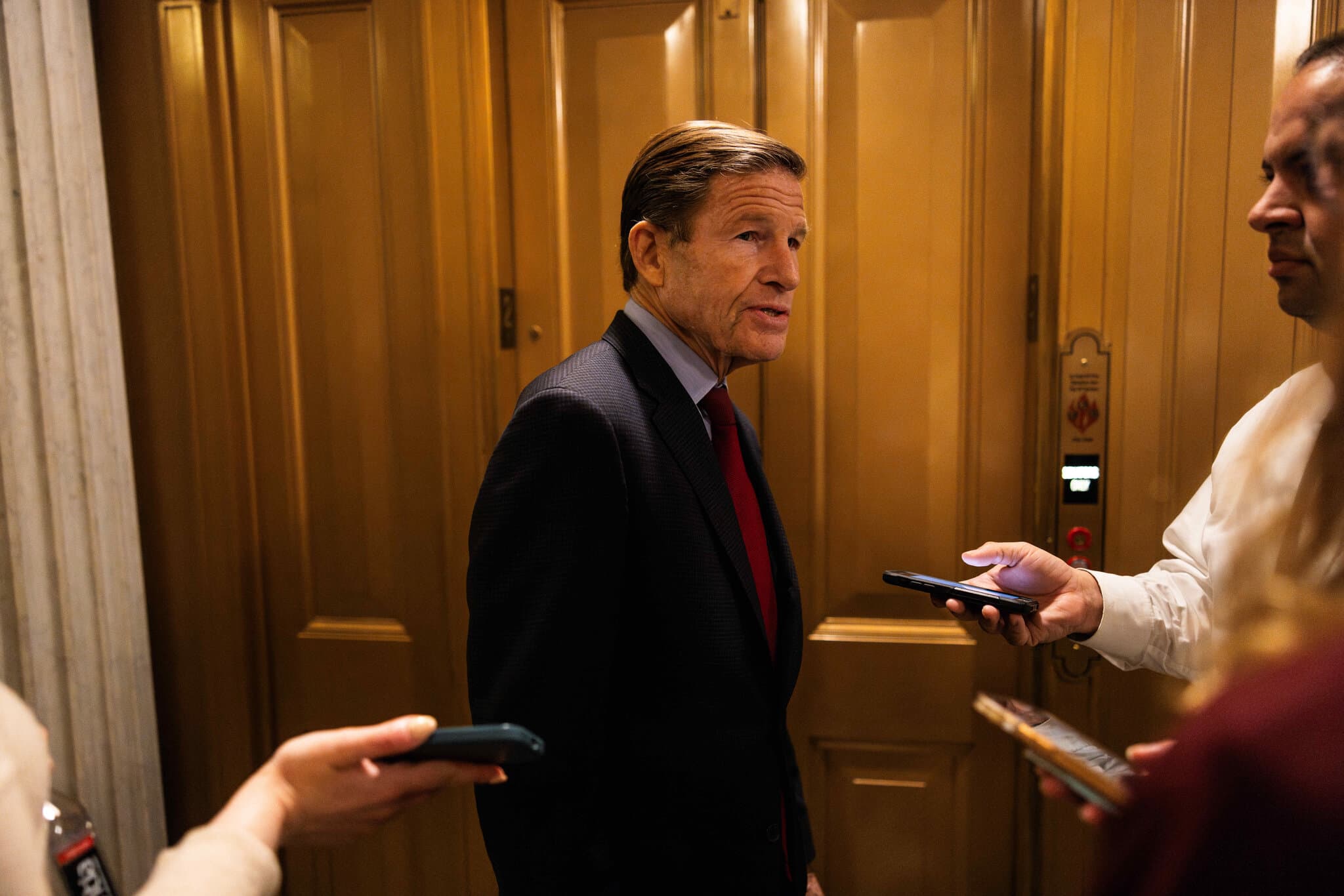
technology
Senate Democrat Opens Inquiry Into Iran Transactions on Binance
Senator Richard Blumenthal of Connecticut sent a letter to Binance asking about the flow of $1.7 billion from accounts on the crypto exchange to Iranian entities.
By David Yaffe-Bellany and Michael Forsythe

technology
How Jeffrey Epstein Ingratiated Himself With Top Microsoft Executives
For more than two decades, the convicted sex offender developed a network at the tech giant, making him privy to succession discussions and other business.
By Erin Griffith and Karen Weise

technology
More Than Half of Teens Use Chatbots for Schoolwork, Survey Finds
A new study from the Pew Research Center finds teenagers think chatbot-assisted cheating has become “a regular feature of student life.”
By Natasha Singer
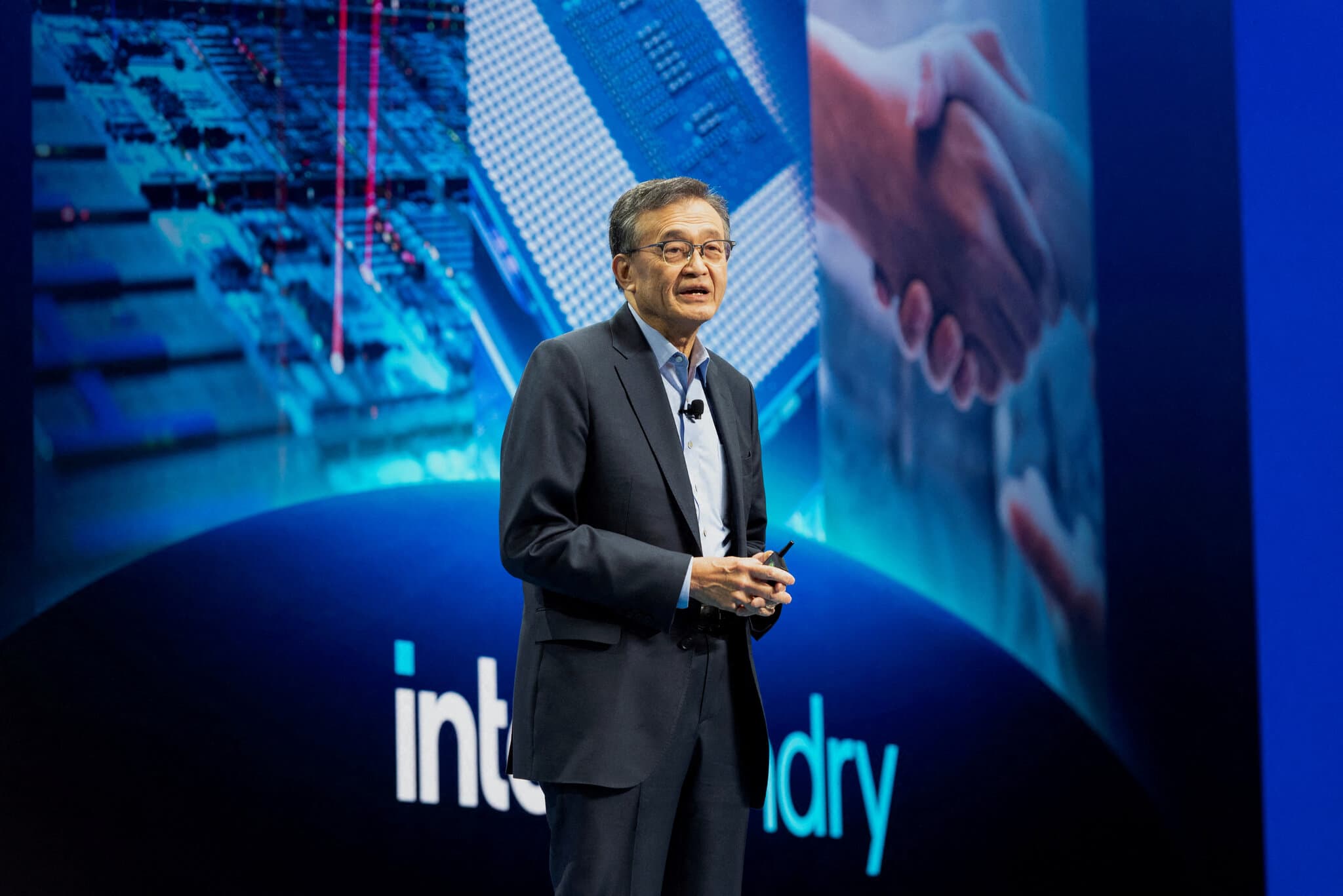
technology
Intel Strikes Deal With a Chip Start-Up Its C.E.O. Invested In
A technical partnership embraces SambaNova Systems, which Intel’s chief, Lip-Bu Tan, helps lead as an investor and chairman.
By Don Clark

technology
The Looming Taiwan Chip Disaster That Silicon Valley Has Long Ignored
If China invades Taiwan and cuts off its chip exports to American companies, the tech industry and the U.S. economy would be crippled.
By Tripp Mickle
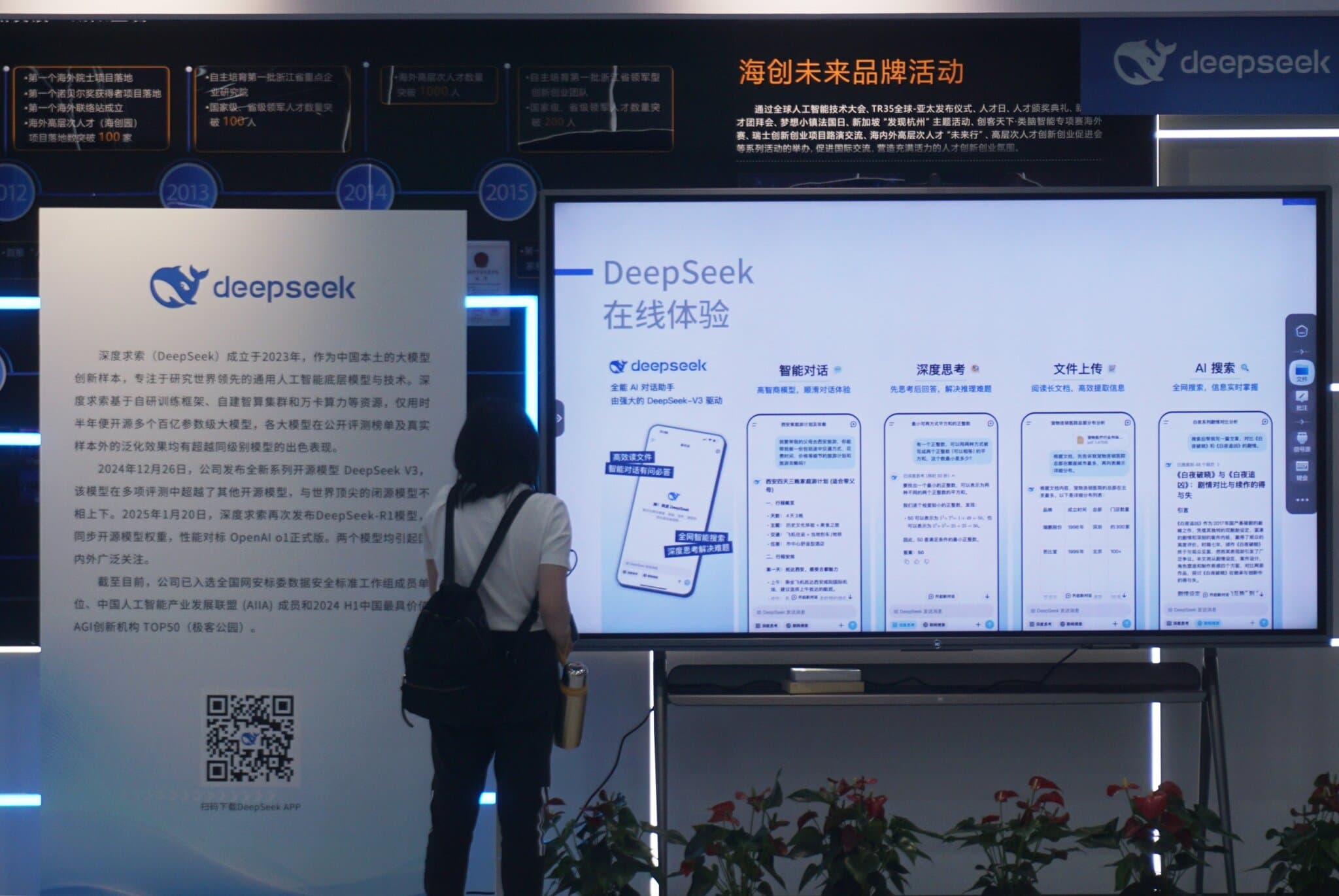
technology
Anthropic Accuses 3 Chinese Companies of Harvesting Its Data
The San Francisco start-up claimed that DeepSeek, Moonshot and MiniMax used approximately 24,000 fraudulent accounts to train their own chatbots.
By Cade Metz
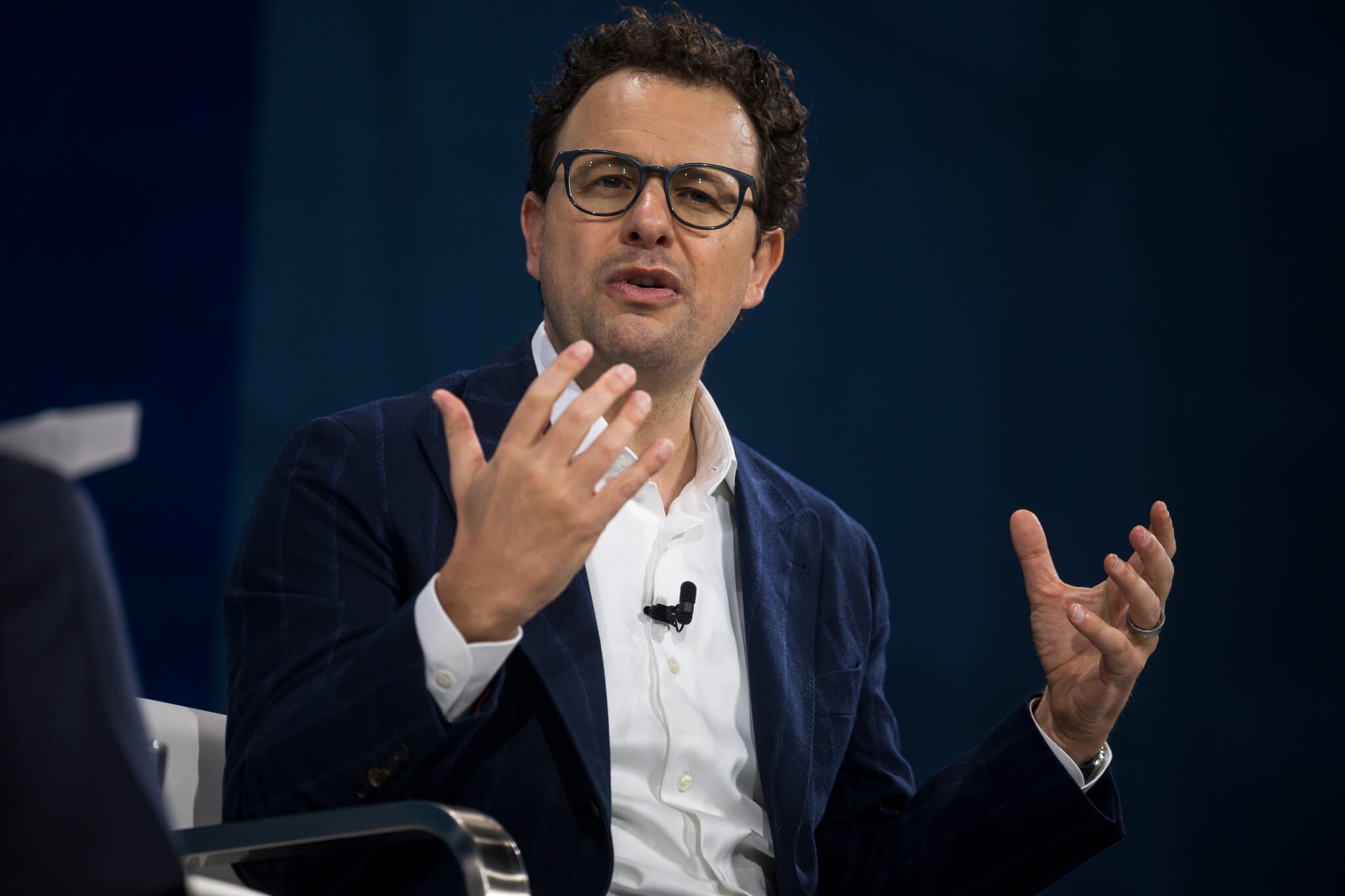
us
Pentagon Summons Anthropic Chief in Dispute Over A.I. Limits
The artificial intelligence company has demanded that some guardrails be put in place as it negotiates a contract with the Defense Department.
By Julian E. Barnes and Sheera Frenkel

style
Jeff Bezos and Lauren Sánchez Bezos Will Be Honorary Chairs of the Met Gala
The news came tucked into the second page of a recent news release.
By Vanessa Friedman